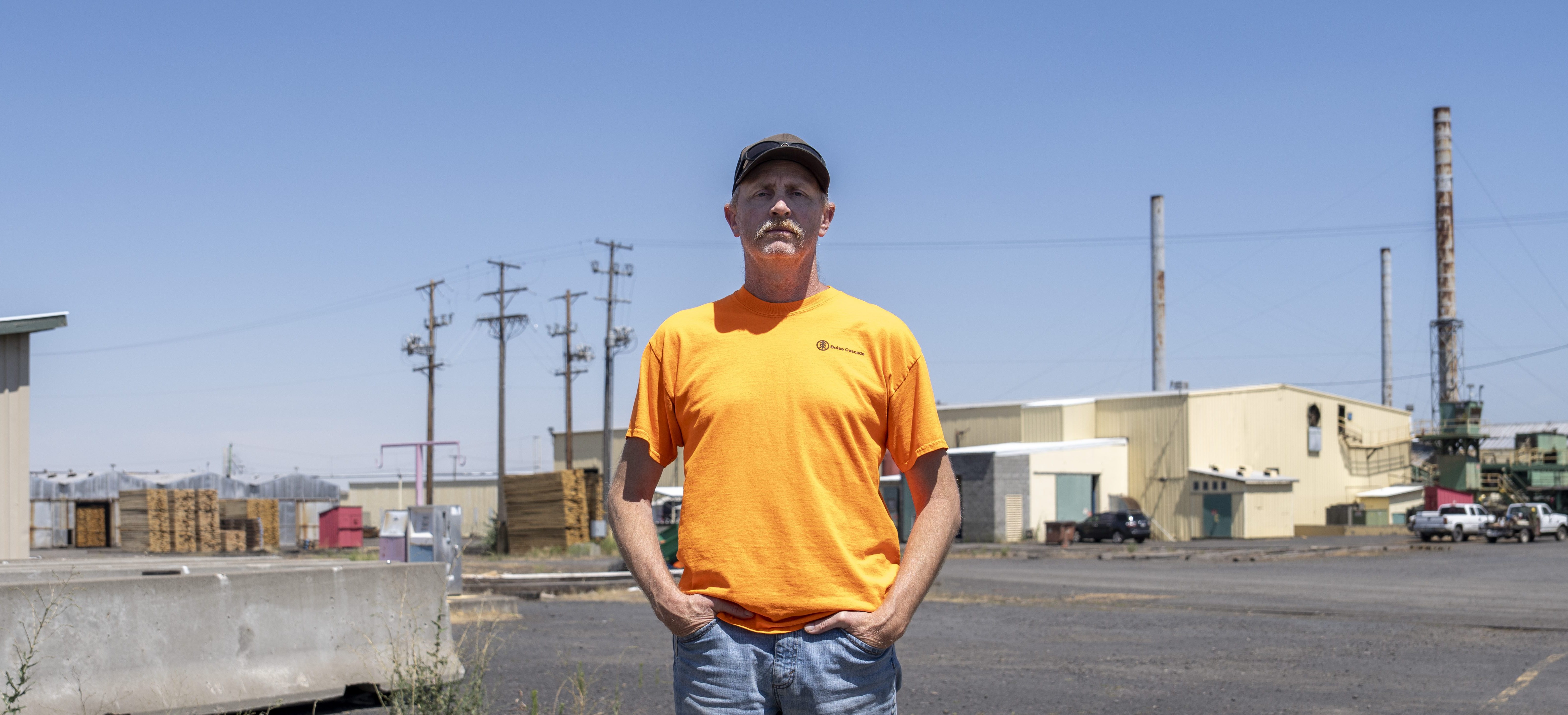Inslee celebrates coming cap-and-trade auctions
Published 8:30 am Thursday, January 5, 2023
Washington will hold a cap-and-trade auction Feb. 28, the first of many expected to generate hundreds of millions of dollars from businesses to fund state agencies, tribes and recipients of government grants and contracts.
Nearly 6.2 million “allowances,” each giving the right to emit 1 ton of carbon, will be up for bid. If all allowances sell for the minimum bid, $22.20, the auction will take in some $137 million.
Trending
The Department of Ecology will hold four auctions annually, with a declining number of allowances available each year and with an ever-escalating floor price.
A budget proposed by Gov. Jay Inslee in December calls for spending $1.7 billion in cap-and-trade auction proceeds over the first two years.
Speaking at a press conference Jan. 3, Inslee said cap-and-trade, combined with the new low-carbon fuel standard, will deliver on the state’s promise to cut greenhouse gases.
“This is really a joyous day for me and the state of Washington,” he said. “This is something we can legitimately crow about.”
The price of carbon-cutting technology, including electric cars, will come down, Inslee predicted.
“I’m driving a Chevy Volt. We got that for the mid-30s, I think,” he said.
Trending
Washington farm groups and other business organizations — concerned about how a tax on carbon would impact fuel and electricity prices — fought cap-and-trade for years.
The battle was lost in 2021 when the Democratic-controlled Legislature passed the Climate Commitment Act. The law went into effect on New Year’s Day, as did the low-carbon fuel standard.
The cost of the climate policies likely will be high, according to the Washington Policy Center, a free-market oriented think tank.
“Worse, the history of the state’s climate policies has been consistently disappointing and the impact of the policies is likely to be less than promised,” the center said in a statement.
Industries that consume a lot of energy and face global competition, including food processors and chemical makers, will receive free allowances until 2027. Initially, the number of “no-cost” allowances will outnumber the allowances up for bid.
Nevertheless, the auctions will be a major source of new government revenue immediately. Here are some items the governor proposes funding with auction proceeds in the next two years:
• $105 million for grants to install heat pumps and other electric appliances in homes and commercial buildings.
• $83.25 million for grants to decarbonize medium- and heavy-duty trucks. State agencies, ports, cities, counties, transit agencies and private companies can apply.
• $74 million to electrify state ferries.
• $50 million for grants to help tribes adapt to climate change and relocate if necessary.
• $50 million to help low-income households pay utility bills. With the help would come assessments for “clean cooling and heating system upgrades.”
• $50 million for planning high-speed rail in Western Washington.
• $30.953 million for climate planning. Inslee will introduce legislation requiring local governments to plan for “climate resiliency,” including by reducing “single-occupancy transportation.”
• $20.592 million to conduct energy audits of public buildings to “help public building owners understand energy usage and ways to use energy more efficiently and cost effectively.”
• $10 million to the Department of Health to “support a workplace health and safety program for workers who are effected by climate impacts.”
• $10.664 million for “dual-use solar pilot projects” intended to produce energy and a farm crop.
• $5.962 million for a “climate service corps” for young adults and veterans to help meet goals related to “climate change, clean energy and environmental justice.
• $3 million to the state Department of Agriculture to support a new program to reimburse farmers for buying composing products.
• $1.62 million for “building a carbon-neutral” Department of Fish and Wildlife.










